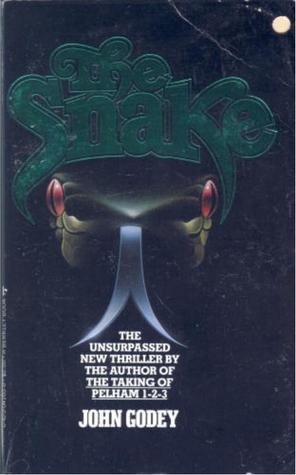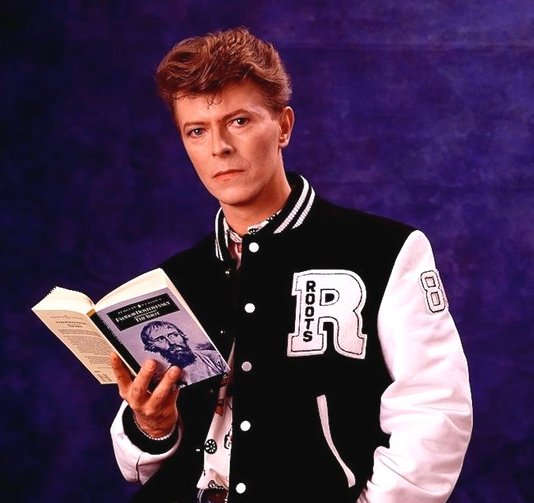In the Romantic Era, when artists and writers recoiled from some of the harshness brought by the Age of Reason, a beautiful, terminally-ill young woman, doomed, a tubercular Venus, was considered the most poignant of topics for art. Beauty and fragility, an irresistible urge to protect or save that can never be fulfilled, a sakura reminder of life’s brevity, inspired evocations of emotion, which Romantics elevated over phlegmatic factuality and materialism. Schubert’s Death and the Maiden is what you’re hearing.
This trope has survived into contemporary romance only rarely. Love Story by Erich Segal, 1970, is one that comes to mind. It was widely condemned as saccharine and manipulative. Naturally Barnum’s edict kicked in and both book and movie sold like sexy candy.
Brian’s Song reversed sexes and anchored itself in a ‘true’ story but was essentially mining the same open pit of exploitation.
Are there other tropes once popular, now neglected? Realism, perhaps?
#
Yesterday, despite already reading several books as usual, as I walked past a bookshelf, one of the volumes caught my eye. Literal eye. So … I examined it and decided to read it, too. First sitting I read 126pp or 280pp.
The Snake by John Godey, 1978, in a used 1979 mmpb edition, probably nabbed at a library sale, isn’t necessarily compelling so much as appealing to me for its style, which is blunt 1970s realism. One forgets how much what’s acceptable in prose has changed in standard thrillers over time. It refreshes me to read the good old stuff warts and all, stories that include now-forbidden, yet still realistic, word use in dialogue, along with grit, grime, and ingratitude in depictions of Seventies NYC. It’s even set in a September heat wave, a wink from past to present.
Rather akin to old movies inadvertently capturing how it was in society in backdrops, locations, and attitudes. DEATH WISH, THE FRENCH CONNECTION, and BULLIT offer vivid glimpses of how we once lived.
So The Snake is about a sailor who smuggles a poisonous snake into NYC and, when he’s mugged in Central Park, it gets loose. Simple setup. Godey then follows procedural ripples political and personal, following the social pressure of panic and cynicism.
Godey wrote the superb, twice-filmed procedural, The Taking of Pelham-1-2-3, about a NYC subway train hijacked and held hostage for ransom. The earlier movie with Walter Matthau is the better, with the Denzel Washington version being overwrought and over-the-top rather than procedural.
Underplaying and showing real or realistic response is more compelling and dramatic than the bloated SFX and wild scenes in the Denzel iteration.
Modern films try to hard for spectacle at the expense of all else.
#

On Book Tube, consensus condenses on certain books. Lonesome Dove by Larry McMurtry is generally either considered or conceded to be the best Western novel.
In science fiction, Dune generally rules. In epic fantasy, after Tolkien, living writers such as Brian Sanderson and George R R Martin prevail, while in Low or Urban fantasy the likes of Jim Butcher take precedence. Fifty to a hundred sub-genres of fantasy have been proposed by marketers and publishers so it’s difficult to categorize each work.
Mystery doesn’t seem to have a prime candidate beyond Agatha Christie, the best-selling fiction writer. Hammett, Chandler, P D James, Ruth Rendell, and scads of others follow close behind her.
Not all Book Tuber choices chime with me. It’d be amazing if they did, but I find many of their choices concordant with my tastes.
Book talk, lit chat, has always fascinated me. I’ve enjoyed books about books and writers all my life. This makes Book Tube a haven for me, where even dullards slogging through fumbling analyses offer insights on what not to do. As a writer this compels me. Seeing how people in a spectrum perceive writing with which I’m familiar lets me compare and contrast, giving insights into how fiction works and how it’s received.
As with radio on a stormy day, reception of fiction changes constantly as society shifts, winces, and dodges its own vicissitudes.
Ch-ch-ch-ch-changes …
Storytelling versus writing, song versus singer, is a key consideration. Good prose can make anything readable but many readers are tone deaf. They like a good beat. They read for plot points.
Most of us want a good story well-told. That balances story and prose. Strict commercial thrillers strive for pure story. Any poetics are considered distraction. Academic fiction sneers at plot and places emphasis on sentence, character, mood, psychology, social commentary parallels, detailed description, and other static aspects of fiction.
Few if any books achieve either extreme but not for want of trying.
Voice counts, too. Vonnegut, Hemingway, Twain, Wilde, Dickens, and others had voices that ring clearly even now. Yes, it can be argued every writer has a voice — it’s how one thinks and expresses thoughts — but most gravitate toward the fat part of the Bell Curve, an inevitable homogenizing due to statistics pressure-cooking culture.
Readers seek novelty within familiarity. They want to relate to people in stories, comfortable reactions that affirm their world views, and kept in context. This leads to stereotype, cliché, and hand-holding, those exposition capsules ensuring a reader is oriented. Word splatter is a serious proposal, realty’s glue.
Against this, writers struggle uphill agains the wind to inject originality and sophistication, subtlety and witty referents. Therein lies the fulcrum on which readable fiction must balance.
Reducio ad absurdum, as the sous chef muttered.
In doing a Tarot spread of reading fiction, I find a fortune of wonder, insight, and a touch of humanity’s higher potential by inclusive choices. From pulp to perfection, spanning the range of the written word broadens the mind and deepens the life. Take each era’s fiction flaws and all, consider context and source, and learn tolerance. Be kind to every kind of written work and it will return in kind with adventure, information, and camaraderie.
#
Literary endeavor is a beautiful young woman, tragic and stoic, constantly fading yet continually rejuvenated by each generation of writer. Open the curtains, let light in, and watch as fiction blossoms, renewed.

/// /// ///



